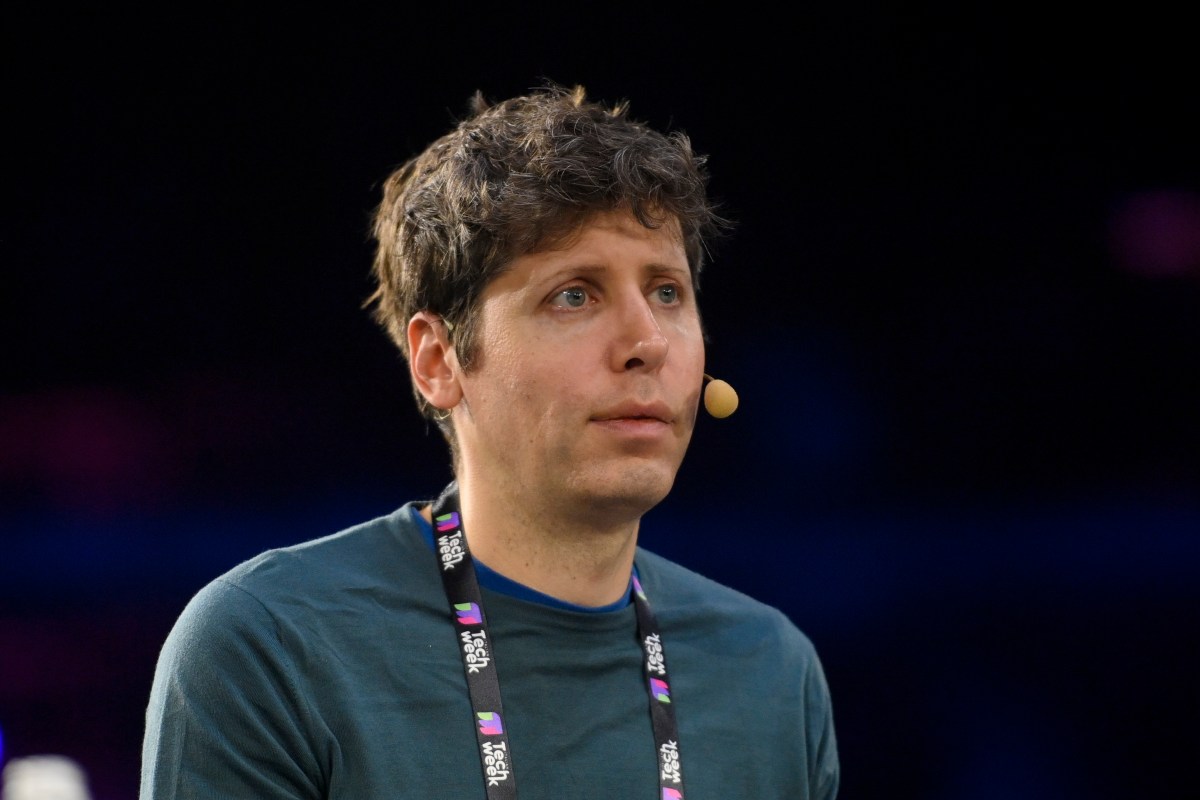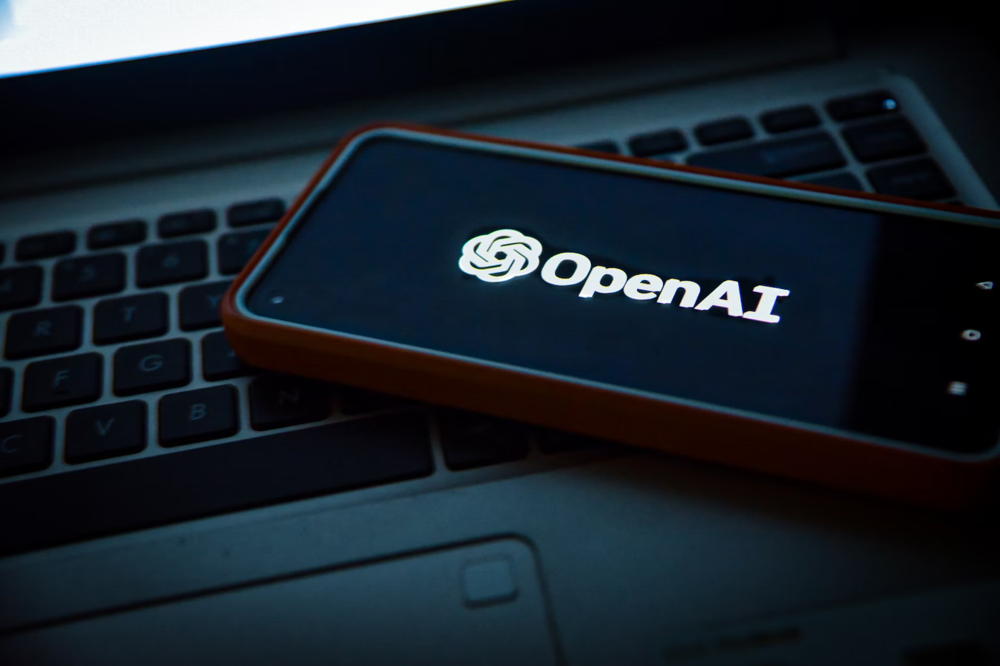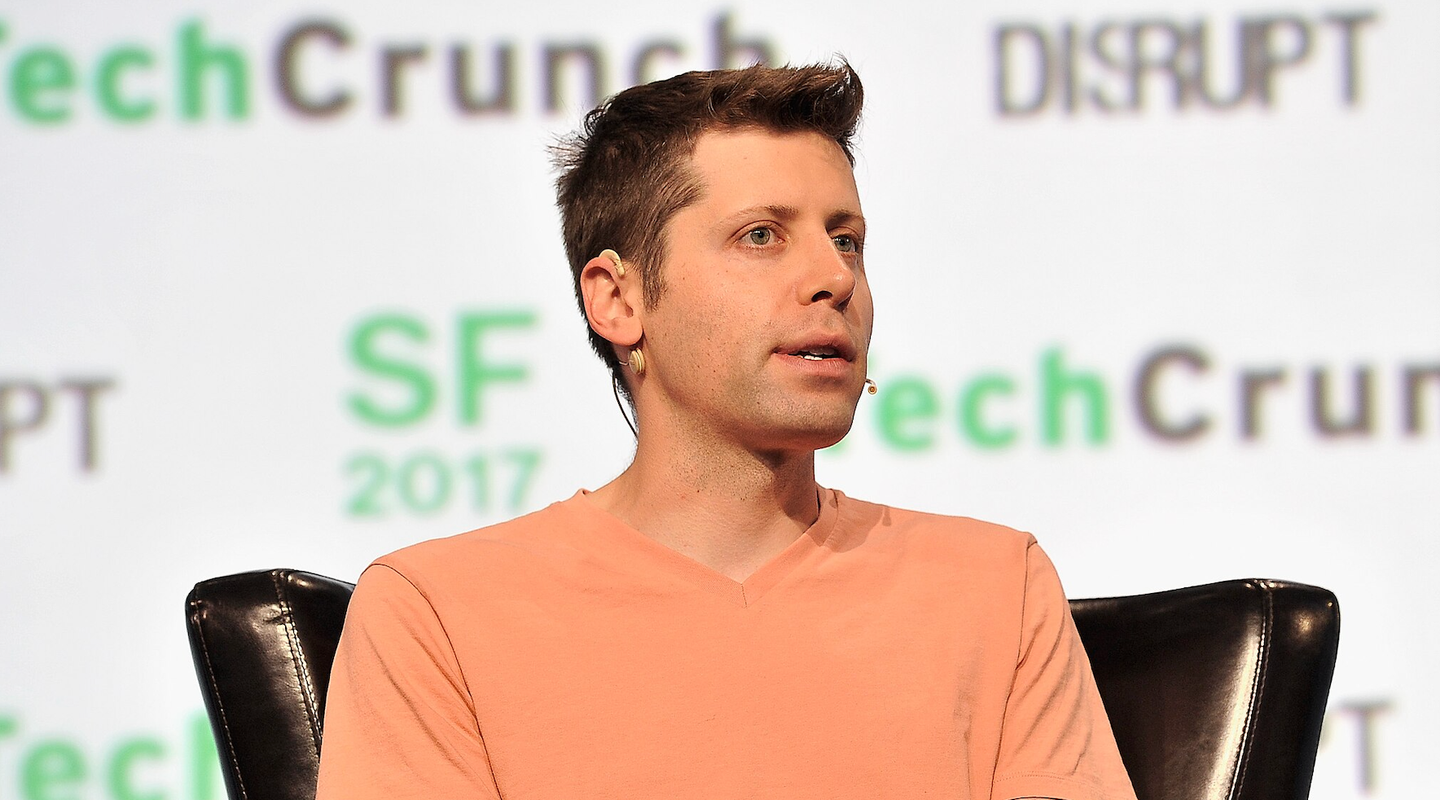OpenAI announced on May 5, 2025, that control of the company will remain with its non-profit entity following discussions with California's and Delaware's attorneys general. Instead of the current structure where the non-profit board oversees for-profit operations, OpenAI's for-profit arm will become a public benefit corporation (PBC). However, it will still be controlled by the non-profit. The decision responds to pushback against the previous restructuring plan, including multiple lawsuits from Elon Musk and a petition from ten former employees who asked the top law enforcement officers in California and Delaware to stop the firm from shifting control of its AI technology from a non-profit charity to a for-profit business.
In the company's new plan, the for-profit segment will transition to a public benefit corporation (PBC) with the non-profit maintaining both control and significant shareholder status, while the mission remains unchanged. CEO Sam Altman explained in his letter to employees that they aim to achieve three main goals: securing resources to make their services widely available, which currently requires hundreds of billions of dollars and may eventually require trillions; creating the largest and most effective non-profit in history; and ensuring the development of beneficial artificial general intelligence (AGI). The PBC structure, which considers both shareholder interests and the mission, is the standard for-profit structure used by other AGI labs such as Anthropic and X.ai, as well as purpose-driven companies like Patagonia.
The new structure could potentially hinder OpenAI's future initial public offering (IPO) as the non-profit maintains control over the technology. Stephen Diamond, a corporate governance professor at Santa Clara University, noted there's a very narrow path to OpenAI becoming a public company under its newly proposed transition plan, adding that while non-profits cannot go public, PBCs can. Rose Chan Loui, the founding executive director for UCLA's Law Program on Philanthropy and Nonprofits, stated that an IPO is much harder in this scenario as shareholders would need to know their influence over the corporation is limited. OpenAI spokesperson Steve Sharpe indicated the company has no intention of going public, though an IPO would be theoretically possible under the proposed structure.
Sources:
1.

2.

3.
OpenAI will transition its for-profit arm into a Public Benefit Corporation overseen by its nonprofit parent—intending to better align shareholder incentives with its mission to ensure AGI benefits all of humanity :contentReference[oaicite:2]{index=2}.









